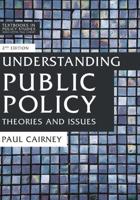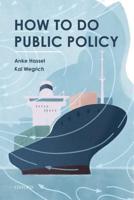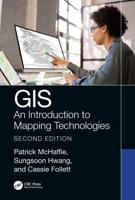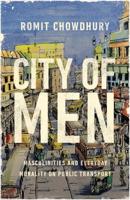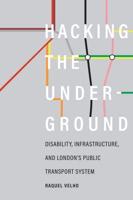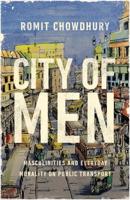Publisher's Synopsis
The increasing worldwide trend in disasters, which will be aggravated by global environmental change, urges us to implement new approaches to hazard mitigation, as well as exposure and vulnerability reduction. Ecosystem management is a well-tested solution to sustainable development that is being revisited because of its inherent "win-win" and "no-regrets" appeal to address rising disaster and climate change issues. It is one of the few approaches that can impact all elements of the disaster risk equation - mitigating hazards, reducing exposure, reducing vulnerabilities and increasing the resilience of exposed communities. Yet, the uptake of ecosystem-based approaches for disaster risk reduction (DRR) is slow despite some very good examples of success stories. Reasons for this are multiple: ecosystem management is rarely considered as part of the portfolio of DRR solutions because the environmental and disaster management communities typically work independently from each other; its contribution to DRR is highly undervalued compared to engineered solutions and thus not attributed appropriate budget allocations.



